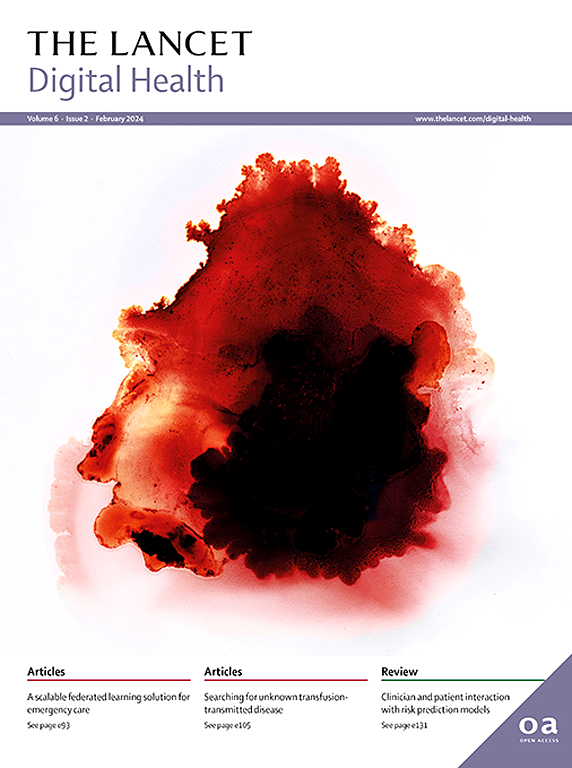创新诊断技术:通过进步、挑战和未来前景驾驭监管框架。
IF 23.8
1区 医学
Q1 MEDICAL INFORMATICS
引用次数: 0
摘要
诊断工具是指导病人管理和为控制传染病的公共卫生政策提供信息的关键。然而,许多疾病仍然没有有效的诊断方法,全球大部分人口难以获得可靠、负担得起的检测。这种限制凸显了创新的迫切需要,以提高诊断的可用性和有效性。开发诊断技术面临着独特的挑战,尤其是对创新者和监管者而言。与药品不同,诊断产品的监管途径往往不太明确,而且由于其风险特征各异、产品种类繁多而更加复杂。这些挑战在低收入和中等收入国家更为严峻,因为这些国家往往没有针对这一特定目的的监管框架。在英国,相关举措旨在通过提供更清晰的监管途径来支持创新,并确保诊断产品安全有效。监管机构也在开展国际合作,以加快高需求地区的诊断工作。统一的标准、监管框架和审批流程对于确保各地区质量和安全性的一致性、促进更快的开发和全球普及至关重要。本系列文件探讨了传染病和抗菌药耐药性诊断方面的监管挑战,重点介绍了英国的应对措施以及全球为解决这些问题所做的广泛努力。本文章由计算机程序翻译,如有差异,请以英文原文为准。
Innovative diagnostic technologies: navigating regulatory frameworks through advances, challenges, and future prospects
Diagnostic tools are key to guiding patient management and informing public health policies to control infectious diseases. However, many diseases still do not have effective diagnostics and much of the global population faces restricted access to reliable, affordable testing. This limitation underscores the urgent need for innovation to enhance diagnostic availability and effectiveness. Developing diagnostics presents distinct challenges, especially for innovators and regulators. Unlike medicines, regulatory pathways for diagnostics are often less defined and more complex due to their diverse risk profiles and wide range of products. These challenges are amplified in low-income and middle-income countries, which often do not have regulatory frameworks for this specific purpose. In the UK, initiatives aim to support innovation by providing clearer regulatory pathways and ensuring that diagnostics are safe and effective. Regulators are also collaborating internationally to expedite diagnostics for high-need regions. Harmonised standards, regulatory frameworks, and approval processes are essential to ensure consistent quality and safety across regions and facilitate faster development and global access. This Series paper explores the regulatory challenges in infectious disease and antimicrobial resistance diagnostics, focusing on the UK's response and the broader global efforts to address these issues.
求助全文
通过发布文献求助,成功后即可免费获取论文全文。
去求助
来源期刊

Lancet Digital Health
Multiple-
CiteScore
41.20
自引率
1.60%
发文量
232
审稿时长
13 weeks
期刊介绍:
The Lancet Digital Health publishes important, innovative, and practice-changing research on any topic connected with digital technology in clinical medicine, public health, and global health.
The journal’s open access content crosses subject boundaries, building bridges between health professionals and researchers.By bringing together the most important advances in this multidisciplinary field,The Lancet Digital Health is the most prominent publishing venue in digital health.
We publish a range of content types including Articles,Review, Comment, and Correspondence, contributing to promoting digital technologies in health practice worldwide.
 求助内容:
求助内容: 应助结果提醒方式:
应助结果提醒方式:


